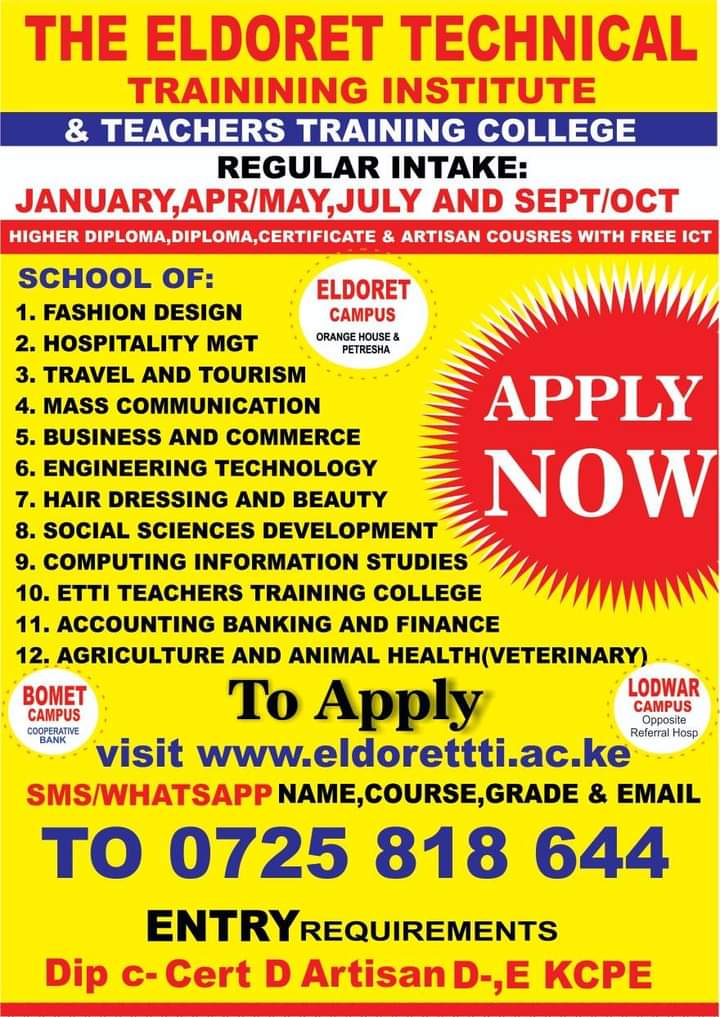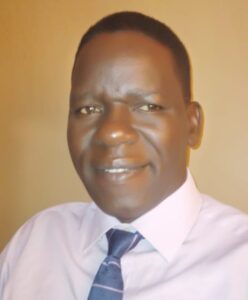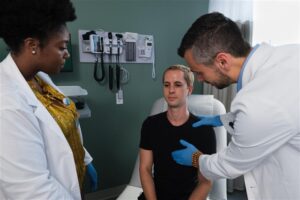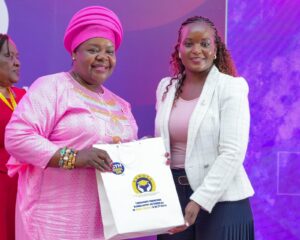How to Start a Beauty Business in Kenya

Did you know that cosmetics, beauty and personal care products in Africa are a multi-billion shillings business opportunity?
If my guess is right, you very likely used soap in the shower this morning and applied some hair and body lotion afterwards?
Maybe you didn’t stop there. You probably put some deodorant under your arms and sprayed some perfume on your ready clothes?
If you are a woman, it gets more interesting because you may have used some makeup – lipstick, face powder, mascara, eye liners and a host of other stuff!
Why do we all do these same things every day?
The answer is simple:
‘Looking and feeling good’ is a basic need in our lives and a huge deal in today’s modern society.
The volume of cosmetics (personal care and beauty products) you personally use every year should give you an idea of the scale of the personal care products business in Africa.
Ordinary Africans are already making waves with local beauty brands.
*Why is the Business of Cosmetics, Beauty and Personal Care Products in Africa Booming?*
According to market research firm Euromonitor International, the beauty industry in the Middle East and Africa was estimated at about $27.4 billion. Of this figure, South Africa alone represented $3.9 billion; Nigeria and Kenya are second and third among sub-Saharan nations, with Kenya’s market totaling more than $270 million.
In comparison, the Asian market was estimated at $124 billion.
The outlook for the African cosmetics, beauty and personal care products market is very positive for the coming years. Let’s explore the fundamental reasons for the huge and growing demand for beauty and personal care products across Africa.
*1 – Cosmetic products have become a basic and daily need*
If you are like most people, you have probably had the wrong notion about the term ‘cosmetics’ for a very long time. Well, it’s time to erase it:

Technically, cosmetics are any substances used to enhance the appearance and odour of the human body. This includes a wide range of body and skin care products from ordinary bathing soaps and tooth paste to designer perfumes and make-up.
In fact, any product used to clean, beautify and promote the attractiveness of the human body is a cosmetic product. If you do not use any product that falls into this definition in your daily life, it’s likely you’re a cave man or some ape-looking creature living in a thick forest!
In today’s world, cosmetics have become a very basic need. Everyone, including poor people, will go out of their way to enhance the way they look, feel and smell.
Besides helping us with our personal hygiene, cosmetics have become vital to our self-esteem and largely determine how other people treat us and our ability to influence them.
It’s not a surprise that beauty and skin care products are the fastest selling items in Africa after food!
Modern Africans have a basic need for beauty and personal care products. Africa’s current population of roughly 1.2 billion people is expected to rise to 2.3 billion by 2050. This can only mean one thing – more demand for beauty and personal care products!
*2 – Africa’s young and fashion-conscious ‘middle class’ population is fuelling demand*
Africa is home to the youngest population in the world with more than half of its one billion people below the age of 20.
What is more interesting is the presence of a large and growing ‘middle class’.
The African Development Bank describes ‘middle class’ as those who spend between Ksh.200 to Ksh.2,000 a day. At the moment, there are more than 300 million people on the continent who fit into this category.
A significant majority of Africans in the middle class are young and educated city people who are very aware of (and heavily influenced by) modern trends in grooming, fashion and western culture.
Because most of them hold salaried jobs or own a small business, these guys and ladies have more spending money at their disposal. Due to their tastes and desire for the ‘feel good factor’ they are driving the demand for consumer products like beauty and skin care products across Africa!
According to a recent Deloitte report, “Africa’s middle class has tripled over the last 30 years, with one in three people now considered to be living above the poverty line – but not among the wealthy. The current trend suggests that the African middle class will grow to 1.1 billion (42%) by the year 2060. As African economies are growing (7 of the 10 fastest growing in the world are African), the wealth is trickling down and Africa now has the fastest growing middle class in the world.”
*3 – African women now have more spending power*
In our society, women experience a greater burden and pressure to look beautiful.
This is the main reason why hair products and extensions, skin care and make-up products are the largest and most lucrative segments of the global cosmetics market. Of course, these segments are targeted at, and dominated by, female consumers.
Every year, in addition to other basic cosmetics, women around the world are the biggest spenders on all kinds of make-up, skin care and hair products.
More African women, especially in the middle class, now have more spending power. Higher education is allowing many middle class African women to pursue promising careers (like men) in the workplace.
As a result, more women on our continent have the extra income that gives them the spending power to ‘invest’ in the latest fashion trends – and a significant chunk of this spending goes to beauty and personal care products.
In addition to the income women earn themselves, there is also a ‘male support factor’ at play in the huge spending on cosmetic products.
Many women are wholly or partially supported by partners (husbands, boyfriends, uncles and brothers) who spend directly and indirectly on beauty products either by giving cash or buying these cosmetics as ‘gift’ items.
As long as Africa’s economic growth continues to look up and the size of the middle class continues to grow, these direct and indirect sources of female spending power will get stronger.
By
Timothy Angwenyi
Business Consultant.
Justine Nyachieo
Business Man & Mentor








